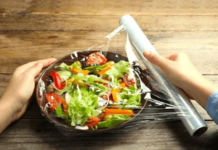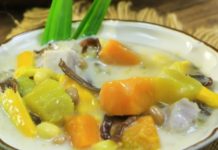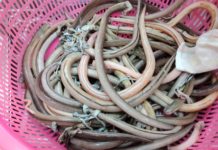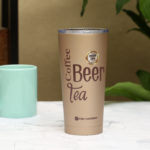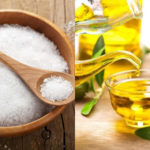The sink is an essential fixture used for hygiene purposes. However, it is important to avoid pouring food and drinks directly into the sink to prevent clogging.
During the holiday season, when gatherings and parties are common, it becomes even more crucial to be mindful of what goes into the sink. Let’s explore 5 types of Tet food that should never be poured into the sink, not even in small quantities!
1. Coffee grounds
Did you know that coffee grounds do not dissolve in water? Pouring them into the sink drain and allowing them to mix with grease and other residues can easily lead to clogging.
It is best to dispose of coffee grounds in the trash or utilize them as fertilizer for plants. This not only prevents clogs but also contributes to environmental preservation. Additionally, dried coffee grounds can be used effectively to eliminate odors in the kitchen, refrigerator, and shoes.
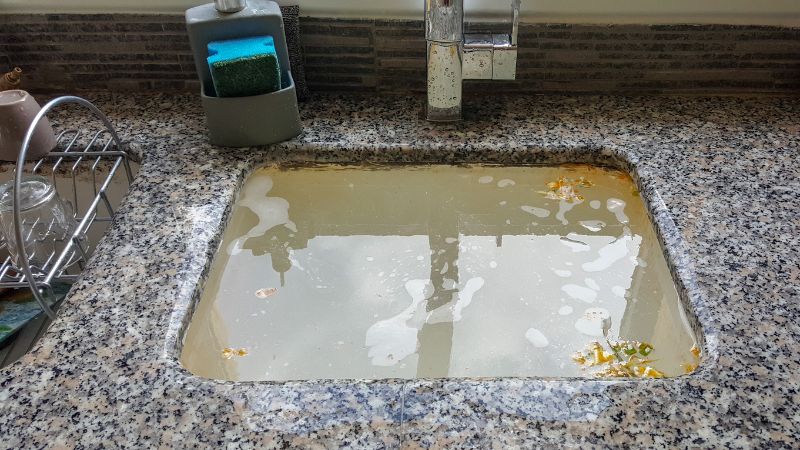 Do not pour coffee grounds into the sink
Do not pour coffee grounds into the sink
2. Animal bones
Food items containing animal bones, such as fish bones and pork bones, are prone to getting stuck in the sink drain. Over time, the presence of animal fat surrounding these bones can solidify and lead to more severe clogs.
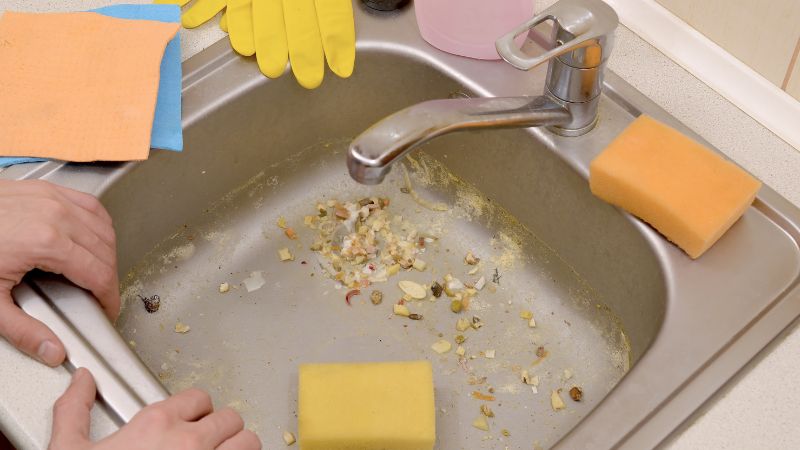 Animal bones cause clogged sink drains
Animal bones cause clogged sink drains
3. Leftover rice and flour
Pouring leftover rice into the sink drain is a bad habit that should be avoided. Rice grains that get stuck and absorb water can expand and cause blockages when combined with other debris in the drain.
Similarly, flour can form a sticky mixture when mixed with water, leading to serious clogs. It is best to dispose of rice and flour in the trash.
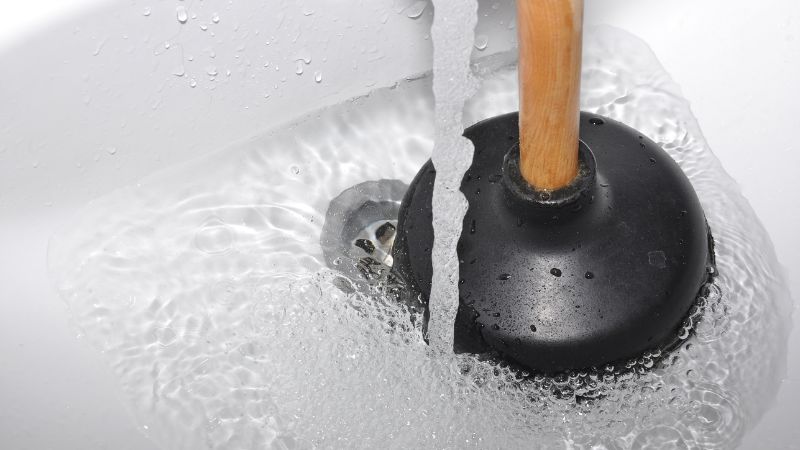 Leftover rice and flour will cause clogs
Leftover rice and flour will cause clogs
4. Grease
Pouring grease directly into the sink drain is a common practice that should be avoided. Over time, the grease can solidify and adhere to the drain walls, leading to clogs.
The best way to handle grease is to allow it to cool and then dispose of it in a can or bottle before throwing it in the trash.
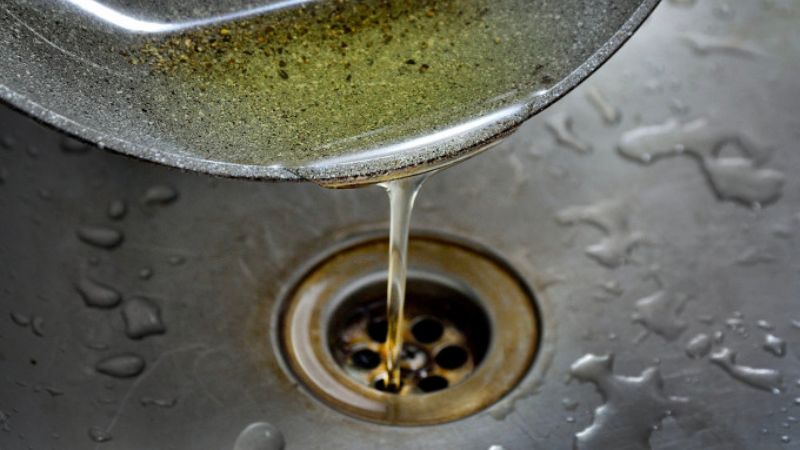 Do not pour grease into the sink
Do not pour grease into the sink
5. Paper towels
Accidentally putting non-dissolvable paper towels into the sink can result in clogs. These paper towels tend to absorb water and clump together, forming solid blockages.
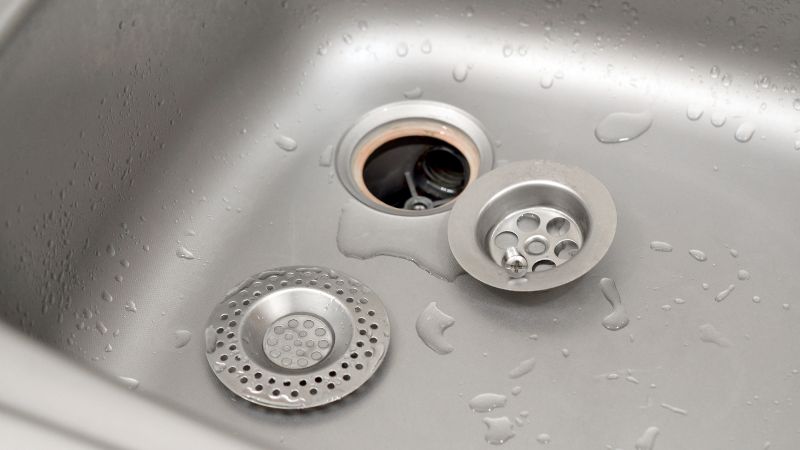 Do not put paper towels into the sink
Do not put paper towels into the sink
In conclusion, it is important to avoid pouring these 5 types of food and utensils into the sink drain, as even a small amount can cause clogs. We hope this article provides you with useful information!







